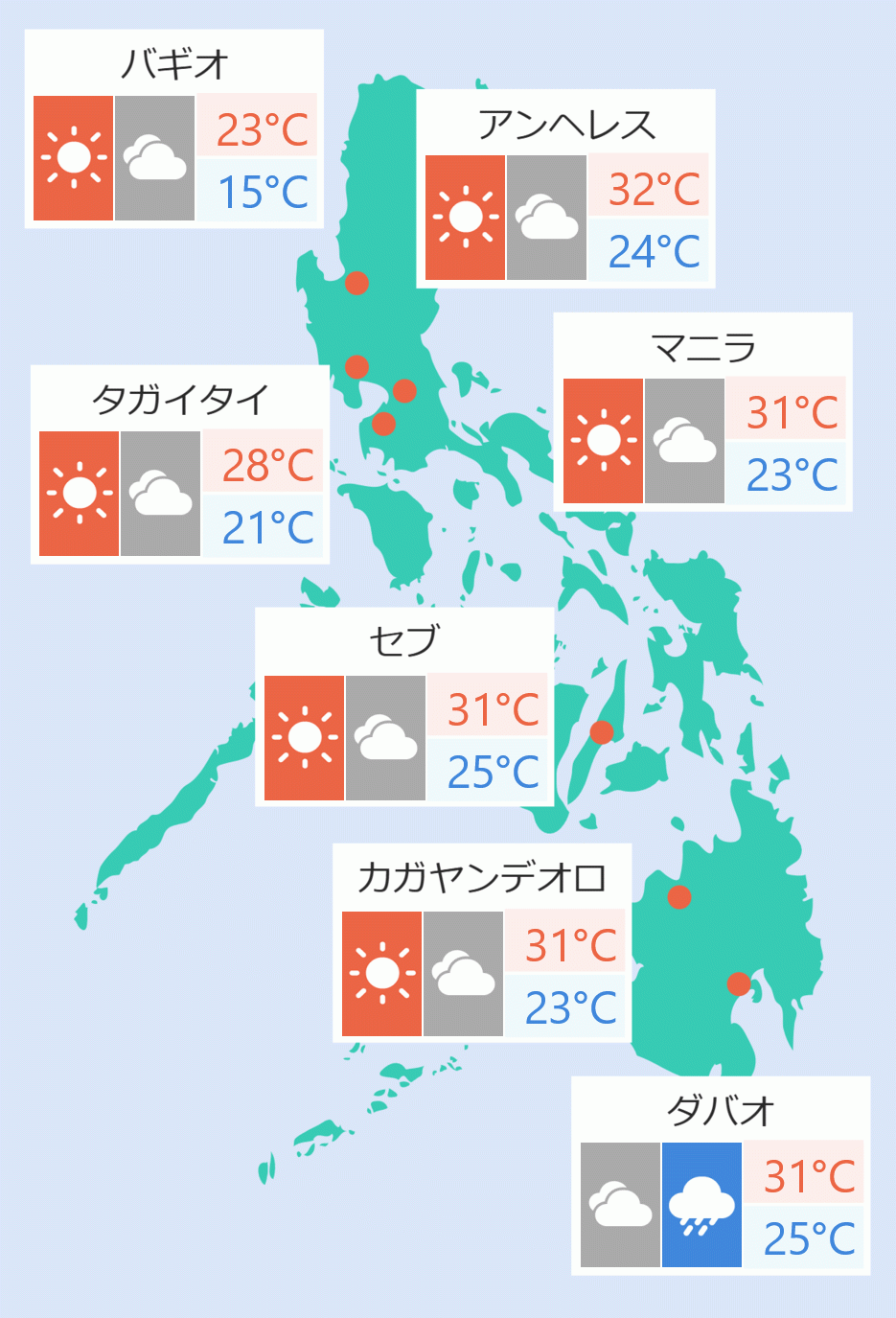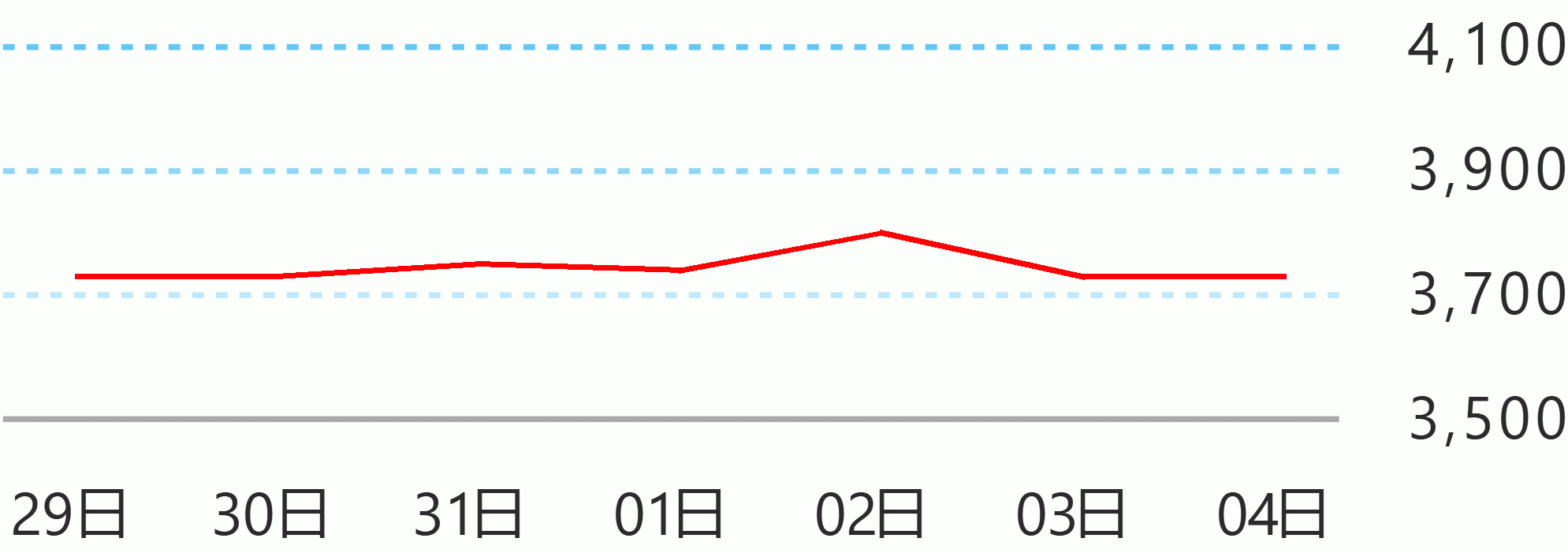By Robina Asido
The Regional Comprehensive Economic Partnership (RCEP) Agreement enters into force for the Philippines, the Association of Southeast Asian Nations (ASEAN) announced on Friday.
The ASEAN Secretariat said the RCEP agreement was entered into force for the Philippines on Friday or "60 days after it has deposited its Instrument of Ratification with the Secretary-General of ASEAN in his capacity as the Depositary for the RCEP Agreement."
The Senate on February 21 voted to adopt a resolution concurring in the ratification of the Regional Comprehensive Economic Partnership (RCEP) Agreement. Twenty senators voted in favor, one voted no while one abstained.
In a Palace press briefing Thursday, National Economic and Development Authority (NEDA) Secretary Arsenio Balisacan said "RCEP is a major game changer" for the Philippines.
"It provides us improved access to the much bigger markets out there for our own produce. We have so much potential for processed products, for example, processed agricultural products. But using the Filipinos, the only market will not bring you anywhere, or will not bring you far. You need to have a much bigger market for this product. And so this RCEP provides that kind of framework. In fact, the negotiation that we had with China and the other member countries, you know, we got a good deal," he said.
The RCEP Agreement, which entered into force on January 1 2022, is an ASEAN-led initiative that creates the world’s largest free trade area in terms of the members’ combined gross domestic product (GDP).
The ASEAN Secretariat said the combined GDP is almost a third of the world’s GDP, and the market size as the parties’ combined population accounts for almost one-third of the world’s population.
Balisacan said RCEP will also send a signal to the world, "that we are ready for business; our rules with respect to trade, with respect to customs, with respect to labor, etc., are in conformity with global practices so that the cost of doing business with the Philippines is not going to be disproportionately higher than what they, you know, they would bear with our competitors, with the competing countries."
"So by just being a member, the potential grows especially for investment. And that, in fact, would be the much greater benefit when investments come in because our investment climate, you know, is now comparable to those more advanced than us," he added. DMS





 English
English







